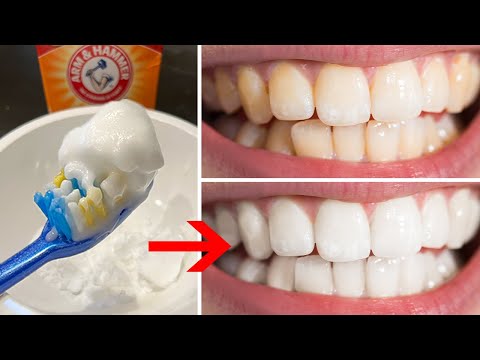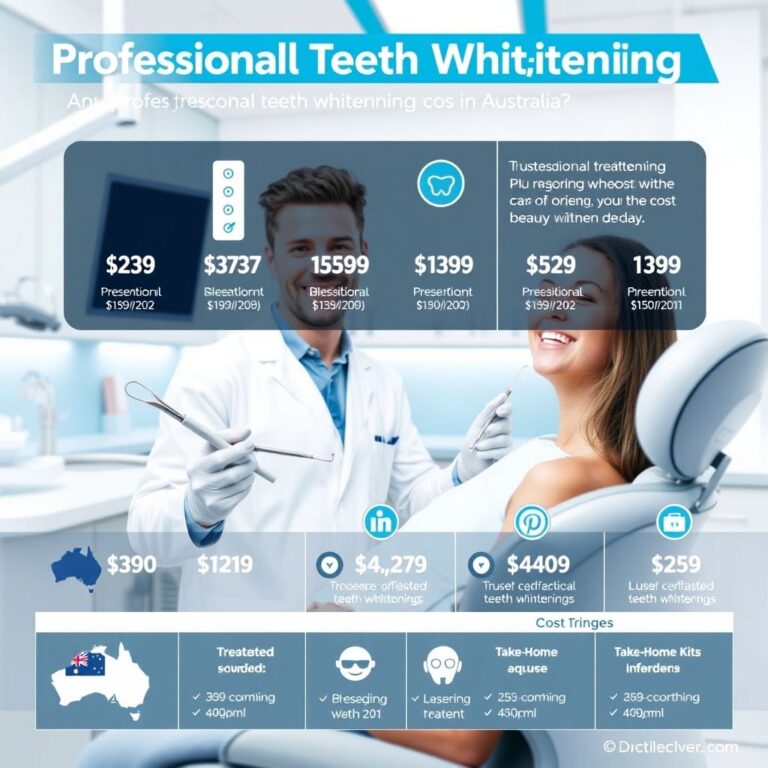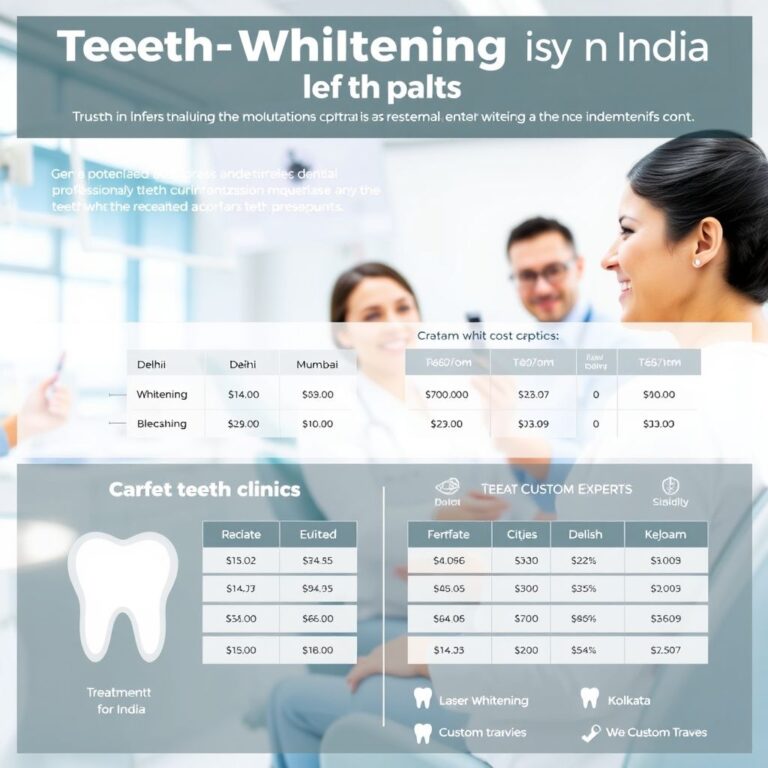Teeth Whitening at Home with Baking Soda: A Comprehensive Guide
In recent years, the quest for brighter, whiter teeth has led many to explore home remedies for teeth whitening. Among the various options available, baking soda has emerged as a popular and cost-effective solution. This comprehensive guide delves into the efficacy, methods, benefits, and risks associated with using baking soda for teeth whitening, ensuring you have all the information needed to make an informed decision.

Understanding Teeth Whitening
What Causes Teeth Discoloration?
Teeth discoloration can occur due to various reasons, including:
- Extrinsic Stains: These are surface stains caused by external factors such as food, drinks, and tobacco.
- Intrinsic Stains: These stains develop from within the tooth due to factors like aging, certain medications, or trauma.
- Age-Related Discoloration: A combination of extrinsic and intrinsic factors that worsen over time.
Benefits of Teeth Whitening
Teeth whitening offers numerous advantages, including:
- Enhanced Aesthetic Appeal: A brighter smile boosts confidence and appearance.
- Improved Oral Hygiene: Whitening treatments often encourage better oral care habits.
- Psychological Benefits: A whiter smile can enhance self-esteem and social interactions.
The Role of Baking Soda in Teeth Whitening
Chemical Composition and Properties
Baking soda, or sodium bicarbonate, is a mild abrasive with alkaline properties. Its chemical composition allows it to neutralize acids and break down stains on the teeth surface.
How Baking Soda Whitens Teeth
Baking soda helps in:
- Removing Surface Stains: Its abrasive nature gently scrubs away surface stains.
- Neutralizing Acids: By neutralizing acids in the mouth, it reduces the risk of enamel erosion.
- Promoting a Clean Environment: Its alkaline properties help maintain a balanced pH in the mouth.
Preparing for Teeth Whitening at Home
Necessary Materials and Tools
To use baking soda for teeth whitening, you will need:
- Baking soda
- Water
- A toothbrush
- Additional ingredients (hydrogen peroxide, lemon juice) for various methods
Safety Precautions
Before starting, consider the following safety tips:
- Consult with a Dentist: Ensure your teeth and gums are healthy enough for home whitening.
- Use in Moderation: Overuse can lead to enamel erosion and sensitivity.
- Avoid If You Have Sensitive Teeth: Baking soda may increase sensitivity in some individuals.
Step-by-Step Guide to Using Baking Soda for Teeth Whitening
Method 1: Baking Soda and Water
- Mix a Paste: Combine a teaspoon of baking soda with a few drops of water to form a paste.
- Apply to Teeth: Use a toothbrush to apply the paste to your teeth.
- Brush Gently: Brush for about two minutes, then rinse thoroughly.
Method 2: Baking Soda and Hydrogen Peroxide
- Create the Mixture: Mix a teaspoon of baking soda with a few drops of hydrogen peroxide.
- Apply and Brush: Use the mixture to brush your teeth gently.
- Rinse Well: Ensure you rinse your mouth thoroughly to remove any residue.
Method 3: Baking Soda and Lemon Juice
- Prepare the Paste: Mix a teaspoon of baking soda with a few drops of lemon juice.
- Brush Your Teeth: Apply the paste and brush gently for two minutes.
- Rinse Completely: Rinse your mouth thoroughly to remove the acidic residue.
Benefits of Using Baking Soda for Teeth Whitening
Cost-Effectiveness
Baking soda is an affordable alternative to commercial whitening products and dental procedures.
Accessibility
Easily available in most households and stores, baking soda provides a convenient whitening option.
Natural Whitening
Being a natural compound, baking soda avoids the harsh chemicals found in many commercial products.
Potential Risks and Side Effects
Enamel Erosion
Frequent use of baking soda can wear down the enamel, leading to increased sensitivity and vulnerability to decay.
Gum Irritation
Improper application can irritate the gums, causing redness and discomfort.
Sensitivity Issues
Some individuals may experience heightened sensitivity after using baking soda for teeth whitening.
Comparing Baking Soda with Other Teeth Whitening Methods
Over-the-Counter Products
Commercial whitening products often contain stronger chemicals but can be more expensive and abrasive.
Professional Dental Treatments
While more effective, professional treatments are significantly costlier and may involve side effects.
Natural Remedies
Other natural remedies include oil pulling and the use of activated charcoal, each with varying degrees of effectiveness.
Tips for Maintaining White Teeth
Good Oral Hygiene Practices
Regular brushing, flossing, and using mouthwash are essential to maintaining white teeth.
Dietary Considerations
Avoiding stain-causing foods and beverages like coffee, tea, and red wine can help maintain whiteness.
Regular Dental Check-Ups
Routine dental visits ensure any underlying issues are addressed promptly, contributing to overall oral health.
Frequently Asked Questions (FAQs)
Q1: How often can I use baking soda for teeth whitening? A1: It is recommended to use baking soda no more than once or twice a week to prevent enamel damage.
Q2: Can baking soda damage my teeth? A2: Overuse or improper use can lead to enamel erosion and increased sensitivity.
Q3: Is baking soda effective for all types of stains? A3: Baking soda is most effective for extrinsic stains caused by food, drinks, and smoking.
Q4: Can I use baking soda if I have sensitive teeth? A4: It is advisable to consult a dentist before using baking soda if you have sensitive teeth.
Conclusion
Baking soda is a versatile and accessible home remedy for teeth whitening, offering numerous benefits at a low cost. However, it is crucial to use it cautiously to avoid potential risks such as enamel erosion and sensitivity. With proper use and care, baking soda can be an effective addition to your oral hygiene routine.
Additional Resources
- American Dental Association (ADA) – www.ada.org
- National Institute of Dental and Craniofacial Research – www.nidcr.nih.gov
- Mayo Clinic – www.mayoclinic.org
| Whitening Method | Cost | Effectiveness | Risks |
|---|---|---|---|
| Baking Soda | Low | Moderate | Enamel erosion, sensitivity |
| OTC Products | Medium to High | High | Potential chemical exposure |
| Professional Treatment | High | Very High | Cost, potential sensitivity |


